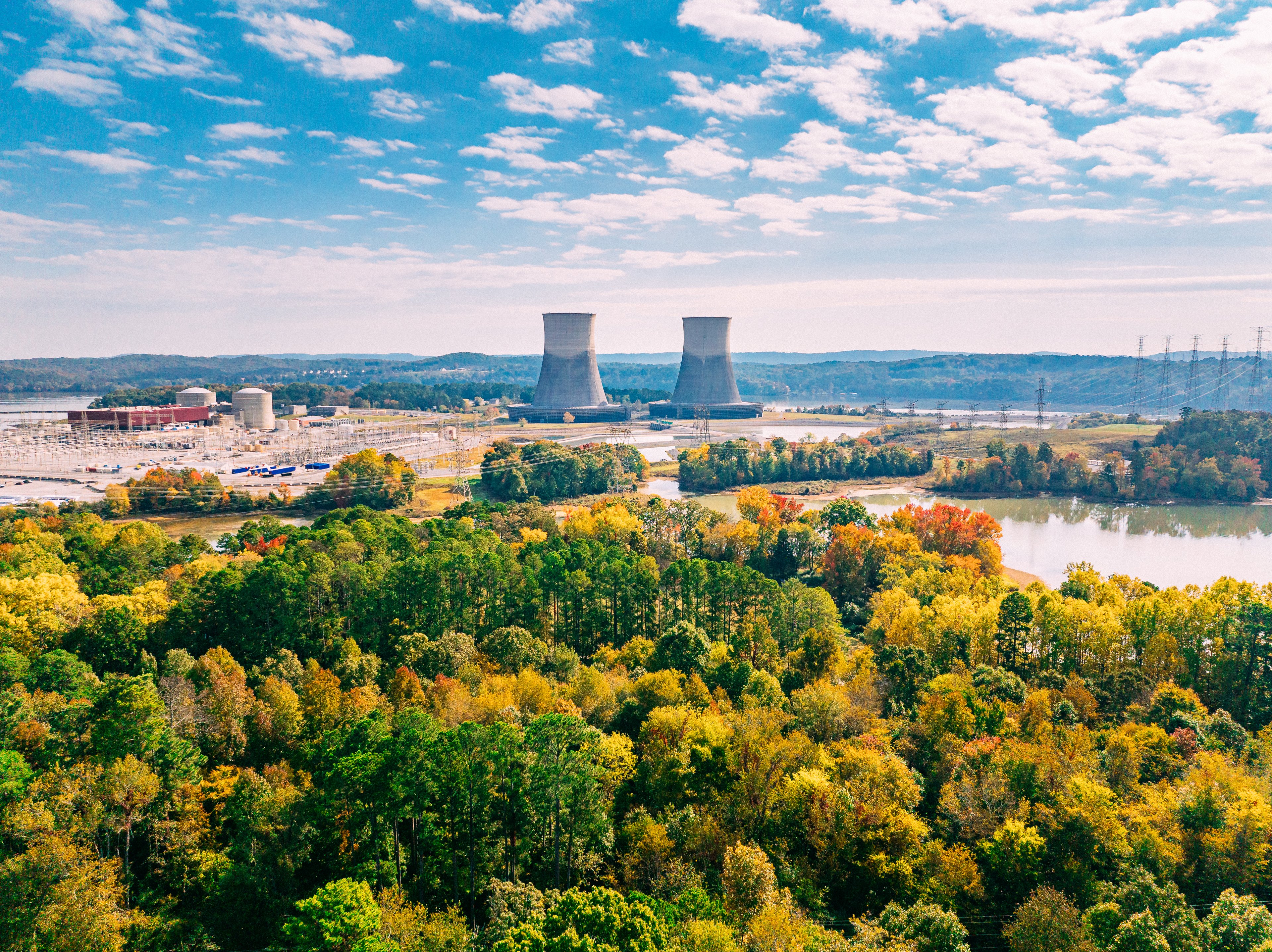Last week, Shell (NYSE: RDS-A) (NYSE: RDS-B) and BP (BP 0.12%) made headlines by announcing that they plan to produce oil at $50 a barrel forever, and many of the other big players are planning to produce more cheaply from now on.
In this segment from Industry Focus: Energy, Motley Fool analysts Sean O'Reilly and Taylor Muckerman explain why and how these big oil players are cutting their production costs down, how this will affect smaller oil producers, and what this means for the oil markets going forward.
A full transcript follows the video.
This video was recorded on Aug. 3, 2017.
Sean O'Reilly: Oil companies are planning on $50 forever.
Taylor Muckerman: Yeah, that's what Shell said. Lower forever.
O'Reilly: Lower forever. I almost wonder if part of the Pioneer earnings reaction was psychologically tied to that, which is, we thought these guys were above the fray.
Muckerman: They're still producing oil cheaply. But now everyone else is starting to catch on.
O'Reilly: Tech advantages only last for so long.
Muckerman: Yeah. People figured it out. They lease better assets; they buy better assets.
O'Reilly: I have a question for you. How much of this acceptance -- and BP is in on it, too, right? They're all planning on $50?
Muckerman: Yeah. You look at these companies -- Shell said lower forever, BP said lower for longer. They all think lower for an extended period of time.
O'Reilly: Whenever I see something like that, I'm like, did you see the current drop coming in early 2015? Did you see $50, all of 2017, or at least the first half? So how much of this and the statements being put out by these companies in the acceptance, how much of it is accounting-generated? By which I mean, SEC rules require oil companies to judge all of their reserves, everything, based upon the average oil price from the previous 12 months. We're two and a half years into this thing. How much of that is the accountant saying, "Listen, it could go up, but from an accounting planning perspective, we need to assume this." How much of it is that, and how much of it is, they actually think that?
Muckerman: I think that.
O'Reilly: You think 50 forever? [laughs]
Muckerman: Not forever, but, for a while.
O'Reilly: Do you own a Tesla? [laughs]
Muckerman: No, I don't own a car.
O'Reilly: Me, neither.
Muckerman: So I'm even worse.
O'Reilly: We're urbanites, full disclosure.
Muckerman: So I'm not even requiring them to produce energy for me to be transported. So both of these companies, they're two of the five biggest oil companies in the world, and when you think about that, talking about lower for longer, lower forever, I think they're game-planning for it on the production side because there's some truth in that, most likely. And if oil prices do rise and they can produce oil profitably at $50 a barrel, then they're sitting in high clover. I think it's a win-win situation. You always should be trying to produce at the lowest possible cost.
O'Reilly: So, this is the game theory scenario of, no matter what happens, and, this is what a commodity producer should do, which is always produce at the cheapest cost?
Muckerman: Sure, why wouldn't you want to be able to produce oil at $50 a barrel, if you think prices are going to be $100? It might be a little harder to get there, but once you're there, you're there. They had such a good run for a decade or so, with oil prices at $75-$80, to $150 at some points, where they didn't necessarily need to get those costs down. Now that they've been forced to, they're like, "Wow, we can do this, and we're going to continue to do this as long as we possibly can." BP's CEO came out and said that $50 a barrel is a pretty good fairway for them going forward. That means they're OK with it.
O'Reilly: That's amazing.
Muckerman: They're well prepared. And like you were talking about, the assets on their books are based on oil they can recover at the average price of the previous --
O'Reilly: And the rules that it has to be economic.
Muckerman: Yeah, economic recovery of this oil. So if they can get this, the lower they get that price that they can economically recover oil for, the more they can keep on their books. You saw a bunch of writedowns when the oil price fell, because they couldn't produce it that cheaply. And if they can, the balance sheet grows.





